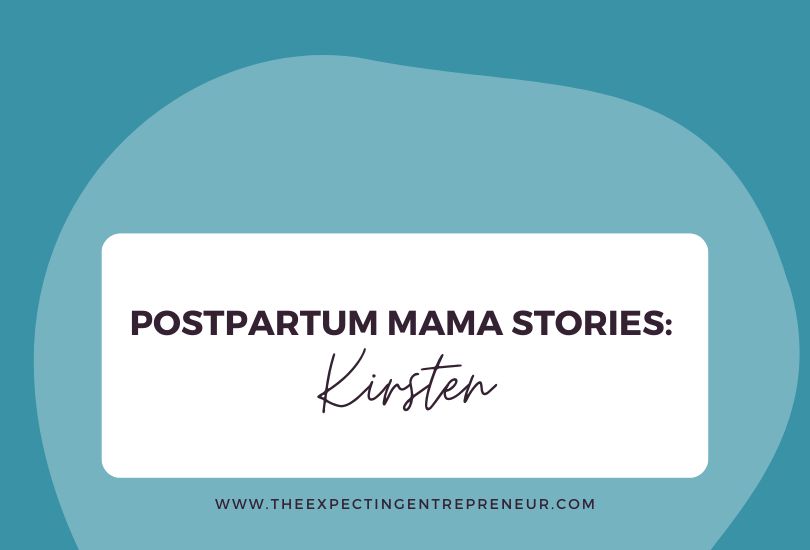Maternity leave – It’s been all over the interwebs lately.
I’ve been doing some head nods as many major news outlets push for more generous parental leave and provide detailed reasons as to why this is important. (If you haven’t read these and are interested, check out this and this.)
When you are a business owner, although you won’t be planning within the framework of local company, state or federal maternity leave policy business, your leave should be carefully thought out and planned for.
Let’s consider this scenario from a real life mama-to-be who wrote to me recently:
“I was only going to take 12 weeks after the baby was born, but as I’ve settled into 6 months of pregnancy I’ve been realizing that 1) I’m probably not going to be able to work all the way to due date, and 2) I’m probably going to want some transition time for the first month back.”
Sound like a situation you might find yourself in? Here’s my response detailing 6 things to consider when planning your leave:
Leave can (and should) start before the day your baby is born
37 is considered full term, and by that time you are likely exhausted. Plan on working slightly less than your regular hours when possible in the last few weeks. The beginning of the third trimester is a great time to begin training your team to handle(or outsourcing) the tasks that depended solely on you. Make sure any deliverables that you are the lead or point person on are completed 3-4 weeks before your due date.
Make sure your postpartum plan includes being taken care of
In the first 40 days you are basically tied to your breastfeeding location of choice so having SOMEONE there to do the regular stuff (laundry, cooking, grocery shopping) is key.
This might be a partner, or a mix of other friends and family.
Anyone who comes into town to “help” needs to be reminded that it is not their job to care for baby.
It is their job to care for YOU, which will mean taking on some of those duties that you won’t be able to do.
You need someone there.
I can’t reiterate that enough, there is lots of evidence how being alone immediately postpartum is not good for physical or mental health outcomes for mom or baby).
For more support on this front, download a postpartum planning workbook to help you sort through all the details.
Address any health issues before heading back to the office
US routine care only has 1 postpartum visit at 6 weeks, but international standards are 4.
If you can squeeze another visit in before you begin working again, I highly recommend.
If anything comes up before your routine follow-up, definitely take care of it!!!
You want to make sure you’re as healthy as possible before heading back into work-mode. YOU are your business’ biggest asset.
Consider transition time back
Going from Full-Time Mom back to Full-Time Business Owner can be rough.
I recommend planning for a week or two of part-time hours to transition.
This might mean starting with a few works hours and gradually building up. I personally began back 2 days a week for 4 hours a day, and worked back up to 4 full days a week over the course of 6 months.
Pay special attention to how the transition is working and feeling for you during the 10-16th week postpartum — this can be a pretty fragile time for mamas.
Those weeks can be when postpartum physical or mental health issues can begin to show up or where small issues can become exacerbated.
To not beat around the bush – it tends to be where the “newborn bubble” ends and the “oh shit I’m a mom AND I gotta figure out how to be a mom while running my business” starts.
Hire and begin childcare BEFORE you go back to work
This is probably easiest with in-home care.
And yes, paying for childcare before you are back working adds some extra expense.
But let’s be real, having your first day back at work be the first day you leave your baby with a stranger is just a recipe for an anxious breakdown.
A week or two of transition time can be helpful not just for the baby’s adjustment, but your mental sanity too.
Don’t be a loner
Lastly, if there are no other new moms in your life that you can relate to, join some kind of new mom group!!!! Virtual is great, but IRL is even better!
What other tips would you share?
Leave them in the comments below and help make planning for maternity leave a little less daunting!
Want more resources about planning your leave? Check out Chapters 2 & 3 of The Expecting Entrepreneur.



